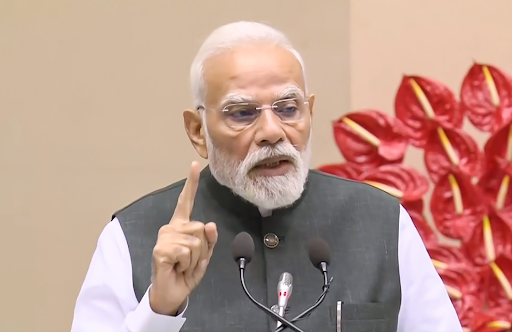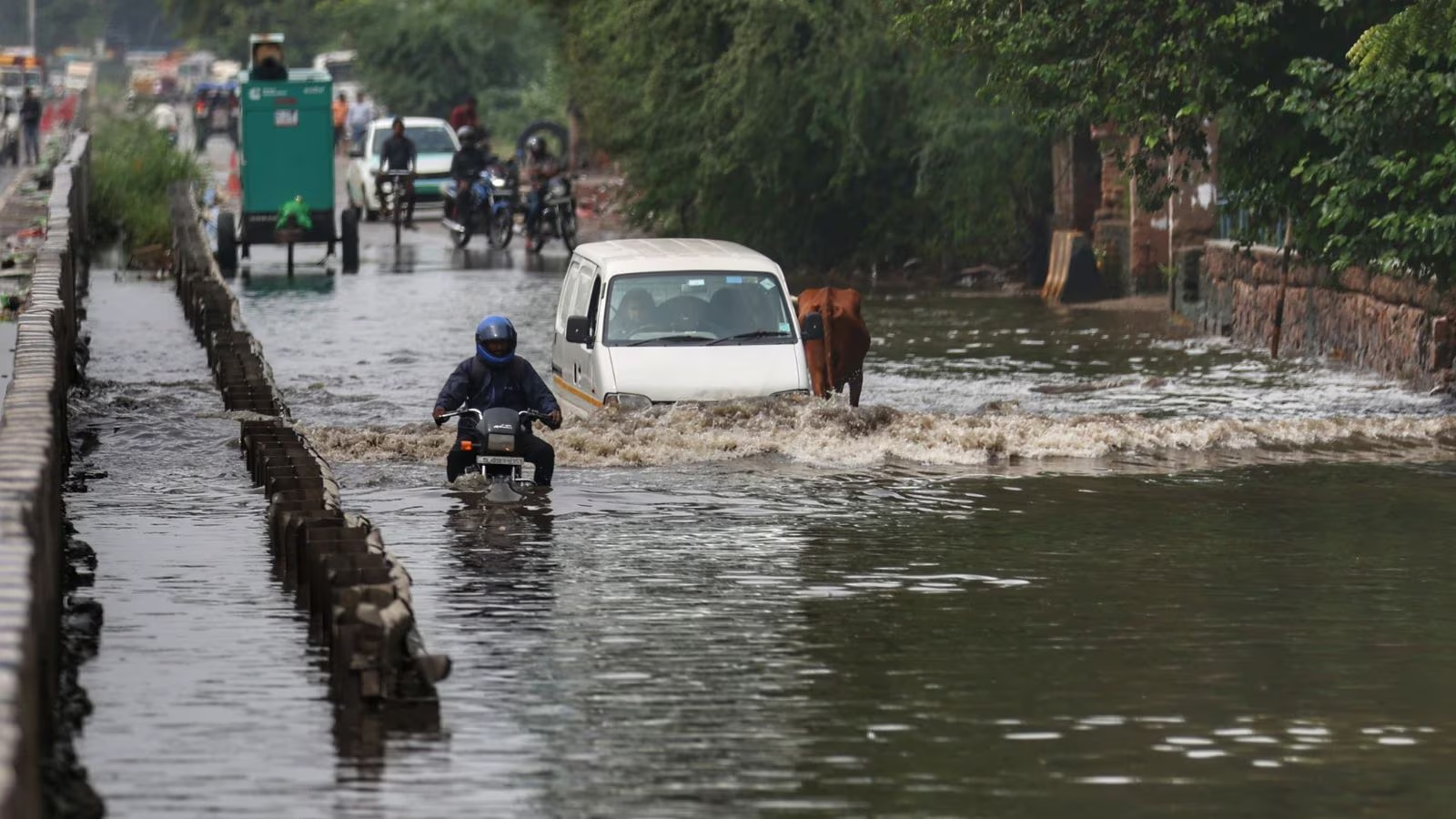Description
GS PAPER II: Government policies and interventions for development in various sectors and issues arising out of their design and implementation.
Context: Ministry of Housing and Urban Affairs launched the EatSmart Cities Challenge and Transport 4 All Challengeat.
EatSmart Cities Challenge
- This movement will nudge the urban populace to make the right food choices and help build a healthier and happier nation.
- It was organized in association with Food Safety and Standards Authority of India (FSSAI) under the aegis of Ministry of Health and Family Welfare.
- It will be a game changer in creating social and behavioural change towards food safety, hygiene and nutrition.
- It aims to motivate Smart Cities to develop a plan that supports a healthy, safe and sustainable food environment supported by institutional, physical, social, and economic infrastructure along with the application of ‘smart’ solutions to combat food related issues.
- This will complement the remarkable work being done in the Smart Cities Mission”.
- The challenge is open to all Smart Cities, capital cities of States /UTs, and cities with a population of more than 5 lakh.
- At the end of first phase of the challenge, 11 cities will be selected for deeper engagement for an extended period to implement their vision.
Transport 4 All Challenge
- It will support cities to recover from this mobility crisis caused by covid lockdown.
- It aims to develop digital solutions that will make public transport safe, affordable, comfortable, and reliable for all.
- It will support the cities and start-ups all over the country to move towards digital transformation in urban mobility.
- The Ministry of Housing and Urban Affairs launched the Transport 4 All challenge in collaboration with ITDP.
- The Challenge aims to bring together cities, citizen groups, and start-ups to develop solutions that improve public transport to better serve the needs of all citizens.
- All the Smart Cities Mission cities, capitals of states and union territories (UTs), and all cities with a population of over 5 lakhs—are eligible for the Challenge.
Three Stages of the Challenge:
- Stage I PROBLEM IDENTIFICATION: Cities, with the support of NGOs, identify key recurring problems that citizens and public transport operators face
- Stage II SOLUTION GENERATION: Start-ups develop prototypes of solutions to improve public transport with inputs from cities and NGOs
- Stage III PILOT TESTING: Cities engage start-ups for large-scale pilots and refine the solutions based on citizen feedback
https://pib.gov.in/PressReleasePage.aspx?PRID=1711988








